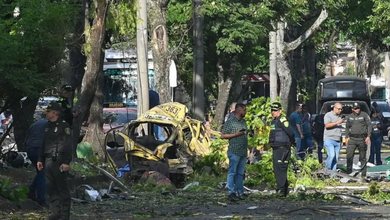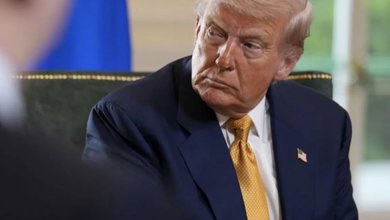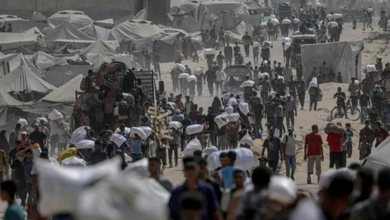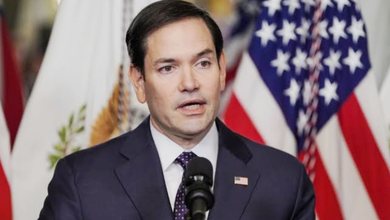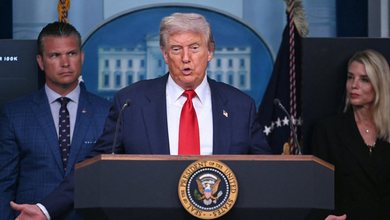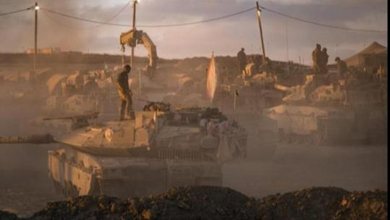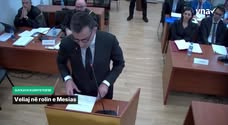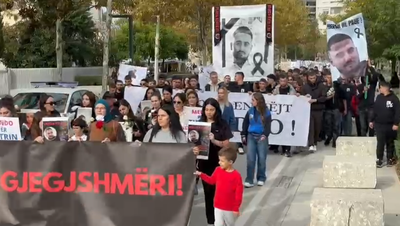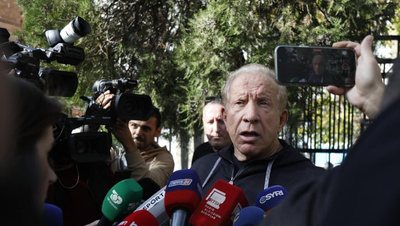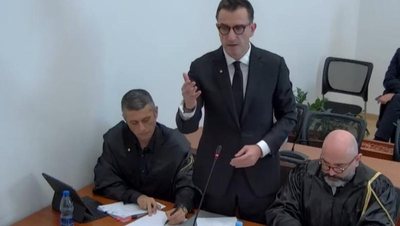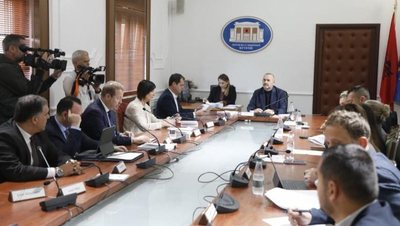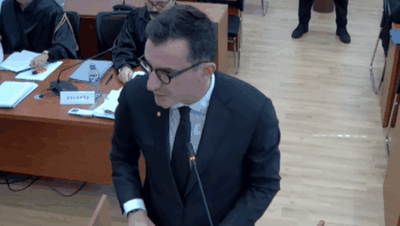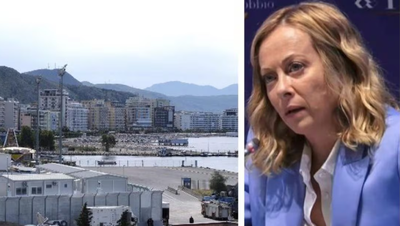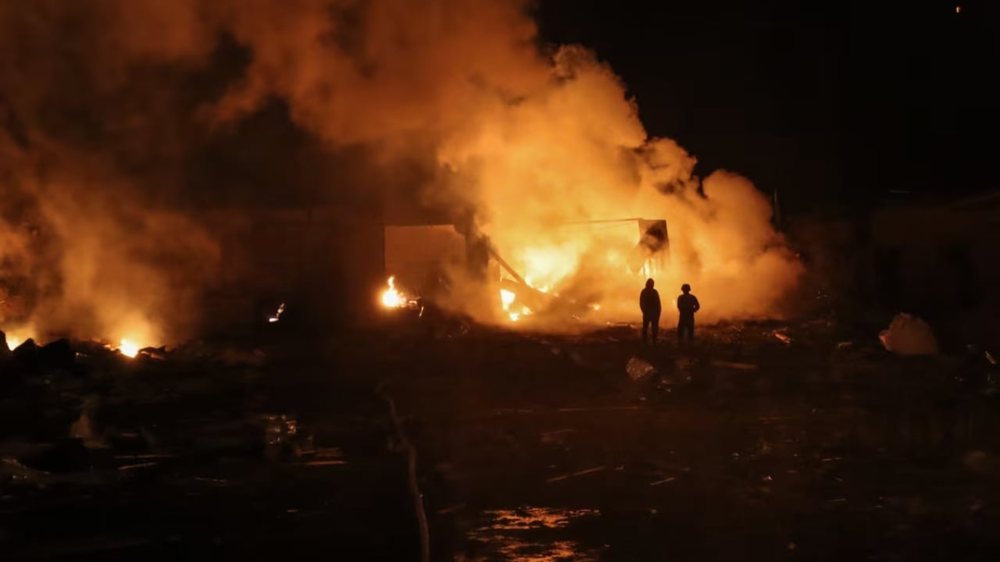
Just a week after President Donald Trump met with Vladimir Putin in Alaska, peace efforts in Ukraine appear to be heading for a stalemate.
While the White House tries to present progress in the dialogue, the reality on the ground is quite different: Russia is intensifying attacks, while diplomatic efforts are not yielding results.
In recent nights, Russia launched one of the most intense missile and drone attacks in months, hitting an American manufacturing company in western Ukraine – far from the front lines. It was a clear and violent message to any idea of a “quick peace.”
Blocked diplomacy and a peace that is not coming
According to CNN sources, Trump's efforts to broker peace have been called into question not only by Russia's stance, but also by the lack of a clear plan. His meeting with Putin in Alaska was presented as a media success, but it essentially changed nothing in the brutal reality of the war.
Ukrainian President Volodymyr Zelensky continues to play a difficult diplomatic game, trying not to clash with Trump, but without accepting the “poisoned peace” that Moscow is offering. An agreement that would include the surrender of the Donbass territory, according to Zelensky, would only be a preparation for the upcoming Russian offensive against Kiev.
Lavrov and the old Soviet game
Russian Foreign Minister Sergey Lavrov has vowed to slow down any peace initiative, using old diplomatic tactics to divide the United States and Europe. He has accused Western allies of trying to sabotage the “progress” he said began at the Alaska summit.
Moscow is using the time to advance on the ground, while diplomacy serves as a smokescreen for Putin's ambitions. The goal? An agreement that makes Ukraine a vassal state, with the West forced to recognize Russian influence.
Trump, between the desire for glory and the lack of details
Meanwhile, Trump has declared that he is the only leader who can talk to both sides and has announced a possible meeting between Zelensky and Putin as early as this week – an idea that now seems out of reach. He claims that Putin is willing to negotiate, but the latest facts on the ground show otherwise.
In a bizarre open-mic statement at the White House, Trump told French President Emmanuel Macron: “I think he (Putin) is going to make a deal for me, you understand?” – a signal of Trump’s continued confidence in a leader who has shown zero willingness to compromise.
On social media, Trump has expressed frustration with the stalemate, even suggesting that Ukraine should attack Russian territory to win the war:
“It is impossible to win a war without attacking the occupier’s country,” he wrote, raising serious questions about the consistency of his positions.
The Europeans are trying, but without Trump they can't go far
European leaders showed unity during a visit to Washington this week, urging Trump to distance himself from Putin. But their plans for post-war security remain unclear and unworkable without US involvement.
A serious plan would require Britain and France to be prepared to confront Russia militarily if it threatened Ukraine again, and for Moscow to accept a deal involving Western troops in Ukraine – two scenarios that seem unlikely at the moment.
The difficult road ahead
US Secretary of State Marco Rubio best described the situation in an interview with ABC:
"We are still a long way from a peace agreement. We are not even close to it."
As Russia continues to send missiles and drones into Ukraine – including a direct attack on a US company in Zakarpattia that injured 19 people – it seems that any idea of an imminent end to the war is simply an illusion.
Zelensky described this attack as “a deliberate strike against American investments,” a provocation that can hardly be seen as accidental, recognizing Putin’s obsession with symbolism.
The White House, meanwhile, is trying to maintain public optimism. Spokeswoman Caroline Leavitt said:
“Before Trump’s landslide victory in November, there was no end in sight to this bloodshed. Now there is light at the end of the tunnel. President Trump is the president of peace.”
But for many analysts, Trump's approach to Russia remains ambiguous, often dangerous, and influenced more by a desire for personal glory than by a genuine diplomatic strategy.


